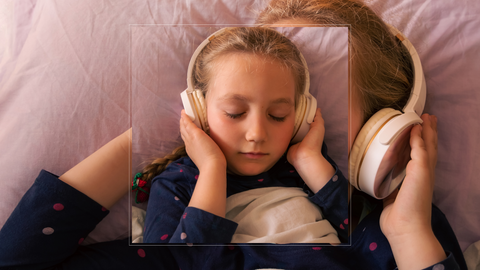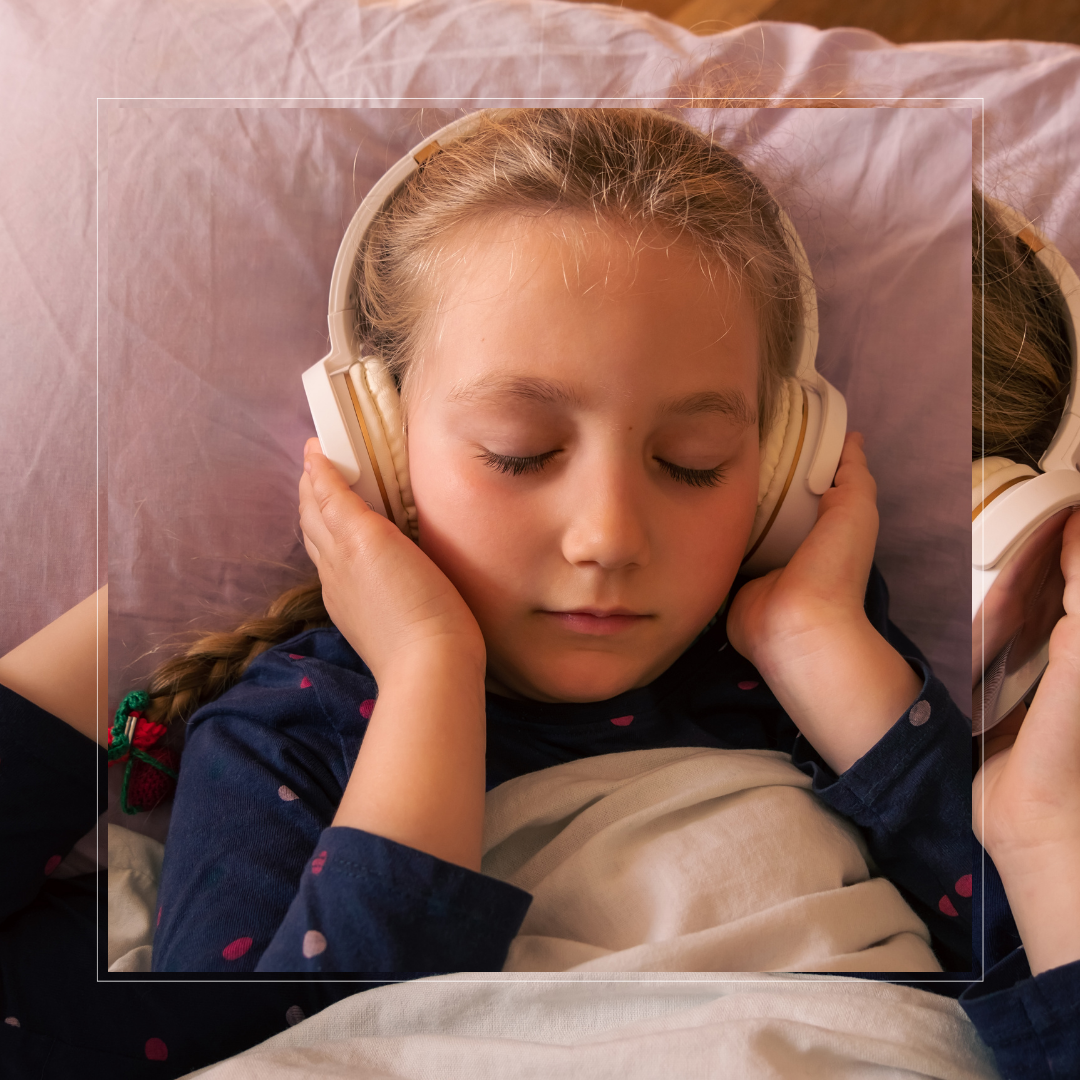Updated: 10 April 2025

Disclaimer: This article is for general informational purposes only and does not constitute medical or therapeutic advice. Responses to music may vary, and any strategies mentioned should be tailored to your child’s individual needs. Always consult a healthcare or therapy professional for personalised guidance.
For many children with autism, finding ways to relax, regulate emotions, or stay engaged can be challenging. One powerful yet often overlooked tool is calming music.
In this guide, we’ll explore how calming music can benefit children with autism, how to choose the right tracks, and how to introduce music into their routine effectively.
Understanding Autism and Sensory Needs
- What is Autism Spectrum Disorder (ASD)? Autism is a neurodevelopmental condition that affects how individuals perceive the world, process information, communicate, and interact socially. It manifests differently for each person.
- Sensory Sensitivities: Many children with autism are hypersensitive to sensory input, including sound. This means calming, predictable music can be grounding—while chaotic or loud environments may feel overwhelming.
Why Calming Music Helps
Calming music supports emotional regulation, reduces anxiety, and improves focus. For children with autism, it can also provide a structured sensory experience that feels safe and familiar.
- Reduces stress and anxiety by lowering heart rate and calming the nervous system.
- Supports emotional and sensory regulation by creating a soothing auditory environment.
- Enhances communication and social interaction when used in therapeutic settings like music therapy.
Related: The Science Behind Calming Music for Kids
How to Choose the Right Calming Music
Not all calming music will work for every child. Try different options and pay attention to your child’s responses.
- Start with familiar favourites – music your child already enjoys and finds soothing.
- Focus on instrumental tracks – lyrics can be distracting or overstimulating.
- Use nature-inspired sounds – ocean waves, rainfall, or birdsong are gentle and predictable.
Creating a Music Routine
Consistency is key. Try introducing calming music into predictable moments of the day:
- Morning transitions: Play gentle tunes to ease into the day.
- Homework time: Use soft background music to promote concentration.
- Bedtime: A slow, calming playlist can help signal that it’s time to wind down.
Recommended Tracks and Genres
- "Weightless" by Marconi Union: Scientifically composed to reduce anxiety.
- Classical music: Pieces by Mozart, Debussy, or Bach often feature soothing harmonies and slow rhythms.
- Binaural beats: These help promote relaxation through gentle frequency shifts (use headphones for best results).
Try These Next
In Summary
Calming music can be a gentle, effective strategy to support children with autism in managing stress, regulating emotions, and establishing comforting routines. When chosen and introduced thoughtfully, music becomes more than background noise—it becomes a therapeutic tool tailored to your child’s needs.
FAQs
Is calming music helpful for all children on the autism spectrum?
Many children benefit from calming music, but individual preferences vary. Some may prefer silence or specific types of sound. Always observe your child’s reactions.
Can music therapy replace other forms of therapy?
Music therapy is a supportive tool and should be used in combination with professional guidance. It’s not a replacement for occupational, behavioural, or speech therapy.
How long should calming music sessions last?
Start with short sessions (10–15 minutes) and increase gradually based on your child’s interest and comfort. The goal is to promote relaxation without overstimulation.
Should I use headphones or speakers?
This depends on your child’s sensory sensitivities. Some may enjoy the immersive experience of headphones, while others prefer ambient sound through speakers.
Are there free resources for calming music?
Yes—YouTube, Spotify, and apps like Moshi and Insight Timer offer free playlists designed for children with sensory and emotional needs.





Share:
The Effects of Calming Music on Stress and Anxiety in Children
7 Essential Chicken Pox Precautions Every Family Should Know